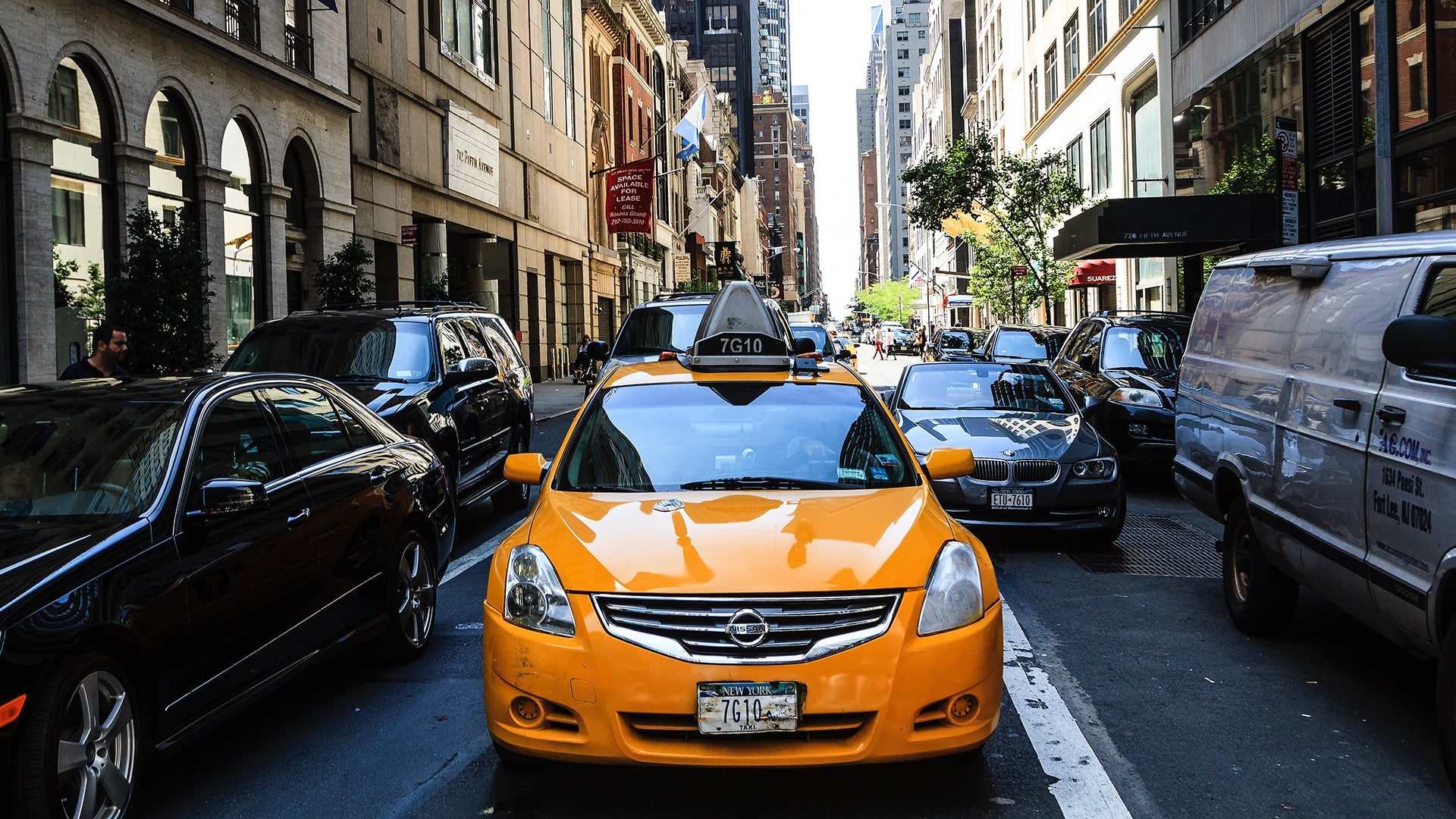

To remedy this wrong, California, Maine, Mississippi, Montana, Idaho, Washington, D.C., and Virginia have stopped traffic debt suspensions, and at least six other states have introduced legislation to do the same. Throughout the country, we have found that people who cannot afford to pay fines, fees, and other monetary penalties to courts experience disproportionate punishments-including driver’s license suspension-without basic procedural protections required by due process and equal protection of the law. However, the ACLU and its affiliates are working with other advocates nationwide to end this poverty penalty through litigation, legislation, and executive action, including in California, Idaho, Maine, Montana, Mississippi, North Carolina, Tennessee, and Washington. Most states still impose wealth-based driver’s license suspensions for failure to pay fines, fees, or other court debt. In the last two years, states and cities across the country have begun to end the practice of suspending driver’s licenses for traffic debt. The New York Civil Liberties Union (“NYCLU”) calls on New York lawmakers and Governor Cuomo to enact the Driver’s License Suspension Reform Act, S.5348/A.7463.
#NYS DRIVER ASSESSMENT FEE SUSPENSION DRIVERS#
Driver’s license suspensions should be used for the limited purpose of keeping unsafe drivers off of the road, not as a debt-collection mechanism.

The widespread practice disproportionately impacts poor and low-income people across the state, who are predominantly people of color. Under current law, thousands of New Yorkers have their driver’s licenses suspended every year, not because they are unsafe drivers, but because they simply can’t afford to pay fines, fees, and other monetary penalties imposed for traffic violations.īetween January 2016 and April 2018, New York issued nearly 1.7 million driver’s license suspensions for traffic debt.


 0 kommentar(er)
0 kommentar(er)
